America's Future French Cars Will Have German Engines

Assuming PSA Group‘s plan to re-enter the U.S. market isn’t thwarted by an all-out tariff war, you can expect to see Peugeots or Citroëns plying the roadways of America by the middle of next decade. Maybe it’ll be sooner than that.
Whenever they arrive, the vehicles will boast four-cylinder engines designed in Germany by Opel, a former General Motors division whose parent decided to put it up for adoption.
Opel says its Rüsselsheim Engineering Centre will build the next generation of PSA Group’s four-cylinder gasoline engines. Promising improved fuel efficiency and lowered emissions, the company claims these new units will boast direct injection and turbocharging — and that they’ll be “optimised for operation in combination with electric motors.”
It’s only natural that with diesel on its way out the door in Europe, special consideration must be given to hybrid powertrains. Opel claims the new engines will meet emissions standards in three target markets: Europe, China, and North America.
While the automaker didn’t describe just how broad this engine range will be, it says it’s using the existing 1.6-liter PSA engine as a starting point. The engines should start appearing in PSA vehicles in 2022.
As for when PSA vehicles will start appearing on American shores, that’s far less clear. Until the dust settles in the current trade brouhaha, PSA can’t gauge the financials of returning to the United States. The automaker hopes to rely heavily on technology, not a dealership network, to move its wares, but there’ll be approvals needed first. Earlier this year, the company said it’s already engineering models that will be compliant with U.S. laws, adding that it could pull the trigger in about three years’ time, should it choose to.
[Image: PSA Group]

More by Steph Willems
Latest Car Reviews
Read moreLatest Product Reviews
Read moreRecent Comments
- Lou_BC Hard pass
- TheEndlessEnigma These cars were bought and hooned. This is a bomb waiting to go off in an owner's driveway.
- Kwik_Shift_Pro4X Thankfully I don't have to deal with GDI issues in my Frontier. These cleaners should do well for me if I win.
- Theflyersfan Serious answer time...Honda used to stand for excellence in auto engineering. Their first main claim to fame was the CVCC (we don't need a catalytic converter!) engine and it sent from there. Their suspensions, their VTEC engines, slick manual transmissions, even a stowing minivan seat, all theirs. But I think they've been coasting a bit lately. Yes, the Civic Type-R has a powerful small engine, but the Honda of old would have found a way to get more revs out of it and make it feel like an i-VTEC engine of old instead of any old turbo engine that can be found in a multitude of performance small cars. Their 1.5L turbo-4...well...have they ever figured out the oil dilution problems? Very un-Honda-like. Paint issues that still linger. Cheaper feeling interior trim. All things that fly in the face of what Honda once was. The only thing that they seem to have kept have been the sales staff that treat you with utter contempt for daring to walk into their inner sanctum and wanting a deal on something that isn't a bare-bones CR-V. So Honda, beat the rest of your Japanese and Korean rivals, and plug-in hybridize everything. If you want a relatively (in an engineering way) easy way to get ahead of the curve, raise the CAFE score, and have a major point to advertise, and be able to sell to those who can't plug in easily, sell them on something that will get, for example, 35% better mileage, plug in when you get a chance, and drives like a Honda. Bring back some of the engineering skills that Honda once stood for. And then start introducing a portfolio of EVs once people are more comfortable with the idea of plugging in. People seeing that they can easily use an EV for their daily errands with the gas engine never starting will eventually sell them on a future EV because that range anxiety will be lessened. The all EV leap is still a bridge too far, especially as recent sales numbers have shown. Baby steps. That's how you win people over.
- Theflyersfan If this saves (or delays) an expensive carbon brushing off of the valves down the road, I'll take a case. I understand that can be a very expensive bit of scheduled maintenance.



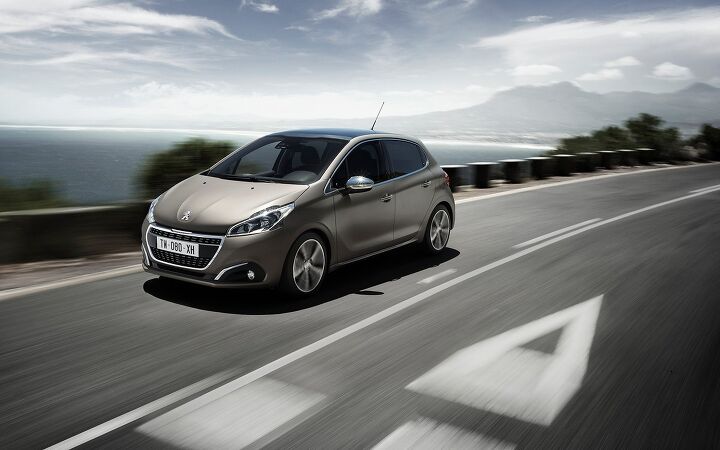















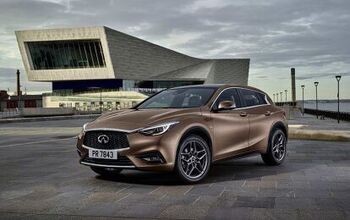
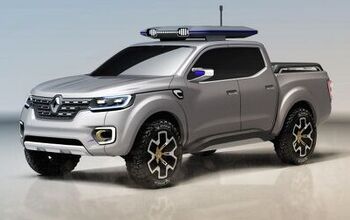
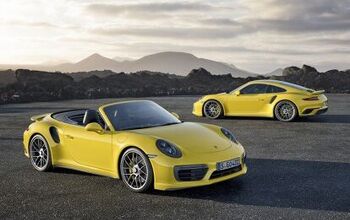
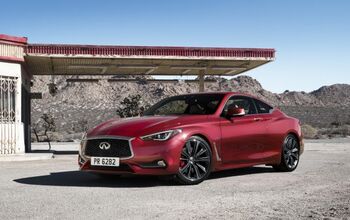
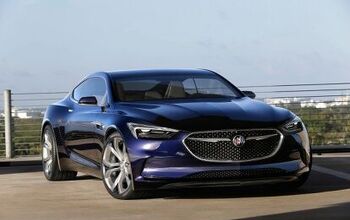










Comments
Join the conversation
Smart auto makers. They know that the US makes are abandoning the smaller cars. Hell, cars period. So once gas prices spike, and they will, they will be in giod position to fill that need. And hopefully we (taxpayers) won't be there to bail out GM, FCA, or Ford when they're standing there with their hands tied to their tender bits.
Would I rather buy an engine smaller than a soft drink ot a Hemi...